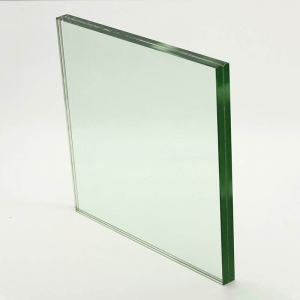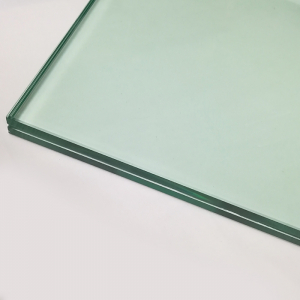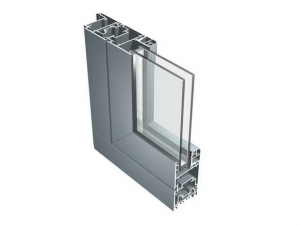Glass.
Choosing the right glass for your project
When selecting the glass for your project you need to consider how it will look aesthetically, will it suit and meet your comfort needs and requirements and most importantly achieve the energy efficiency you are looking for?
As the benefits of choosing the right glass are not immediately visible, they are sometimes overlooked or disregarded until it is too late. When it comes to cutting costs on your project in terms of glass, it pays to first understand the importance of glass performance on your building, home or workplace, it’s occupants and the environment.
Too often our clients take the cheaper option in terms of glass only to later realise that had they selected a more energy efficient glass option the savings could be seen through a reduction in heating & cooling costs, noise reduction, solar (UV) damage to flooring & furniture.
Please view the attached flyer
The impact of glass performance
With over 40% of a home’s heating lost & approximately 87% gained through the windows alone, glass selection is an extremely crucial element in the building design, renovation & replacement process. The better the thermal performance of your windows, the better the building will be at naturally regulating internal temperatures. And the higher the light transmission, the more natural light can enter the building.
Choosing the right glass type is determined by the climate, elevation, surroundings and building requirements, be it reducing glare and heat gain, insulating, letting in natural light, or a combination.
The impacts of glass performance are wide-reaching and include:
- Environmental benefits: Save greenhouse gas emissions by reducing the amount of power required to artificially cool, heat or light up the inside of a building.
- Financial benefits: Save money on your power bill
- Health benefits: Less artificial lighting or temperature control means better overall health and well-being of building occupants, resulting in greater productivity and moods.
‘’ A useful tip to lower the overall project cost without severely impacting performance is to pick & choose which windows warrant the added expense of the best IGU combination and which are protect by shade and less likely to need it.’’
At Precision Aluminium & Glass we only utilise the best local glass manufactures for our projects.
If you would like to learn more about the different types of glass available and how glass can help improve the energy efficiency of your space, please see our valued suppliers websites below for more details.
Glassworks (www.glassworks.com.au)
Melbourne Safety Glass (http://www.msglass.com.au/)
Glass Outlet www.glassoutlet.com.au
Glass Engineering
6.38 up to 12.38 also known as laminated safety glass. This glass is made up of two separate sheets, as the name suggests, that are laminated together. Commonly used as a low E for energy efficiency eg. 6.38 = 3mm + 3mm +0.38mm inner layer
Plate is a single sheet of glass that has not been put through any safety processes i.e. not safety glass and known as “Float”. Once heat treated float becomes known as toughened safety glass as is the most commonly used glass in Australia.
Double Glazed Units or DGU’s are currently the most commonly used glass for energy efficiency being that the two pieces of glass do not actually touch meaning there is minimal heat loss or gain. DGU’s are commonly used for noise prevention. DGU’s can be made up of float, toughened or laminated glass.



